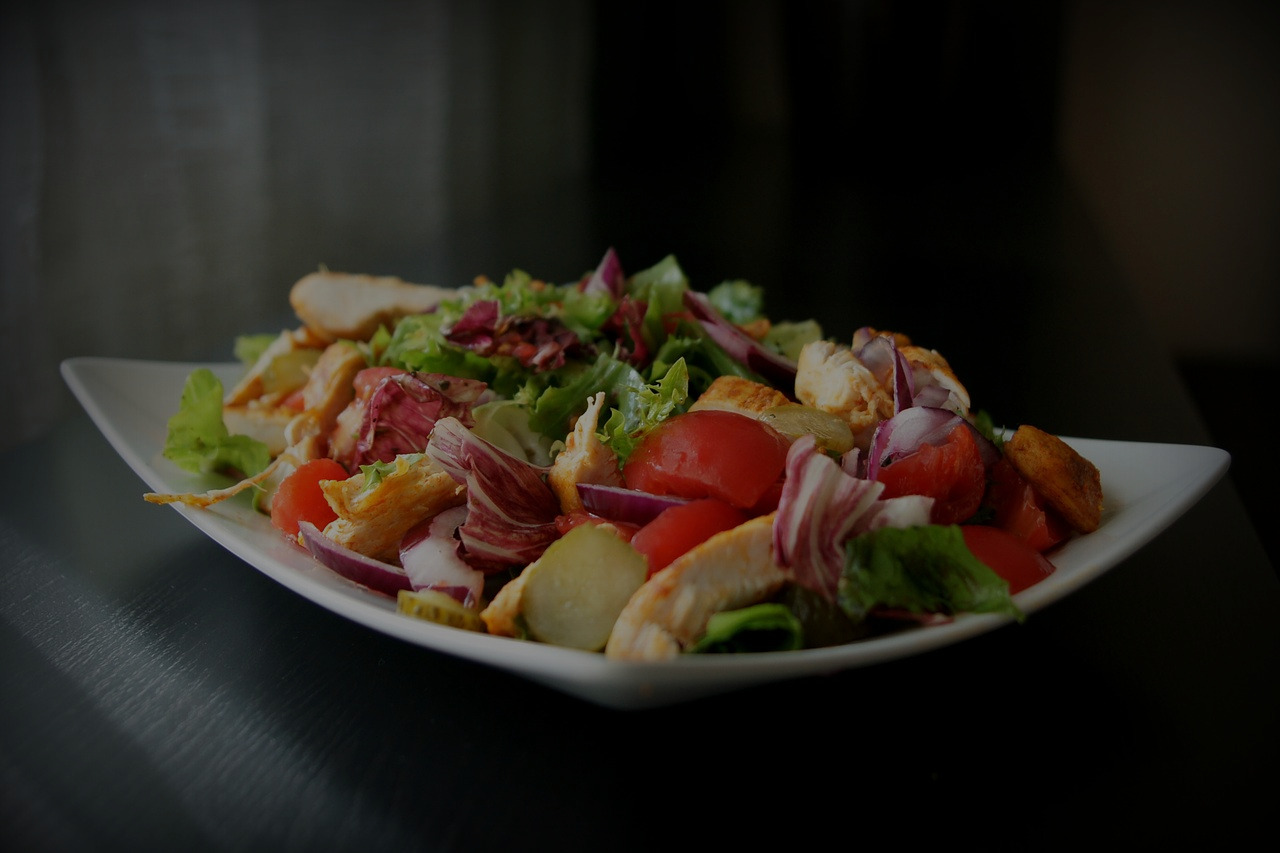Driven by varied health concerns and dietary preferences, dairy-free diet, and gluten-free have lately been somewhat popular. Although some people could gain from these dietary habits, it is important to approach them logically and informedly.
Advantages of Eliminating Gluten and Dairy
Going dairy-free and gluten-free has advantages what ones?
Those with celiac disease have to avoid gluten, a protein present in wheat, barley, and rye since it sets off a negative immunological reaction. Lactose intolerance sufferers similarly find it difficult to break down lactose, a sugar found in dairy products. Many choose a gluten-free or dairy-free diet for moral, environmental reasons.
Food Aspects
To ensure enough consumption of nutrients, one can transition to a dairy- or gluten-free diet.
The following is some advice:
- Gluten-Free: Add a range of smart fats, fruits, lean proteins, and vegetables. Also, emphasize whole grains such as rice, quinoa, and buckwheat.
- Dairy-Free: Choose soy, almond plant-based milk substitutes, pr oat. Add foods high in calcium—leafy green vegetables, tofu, and fortified plant-based milk.
- See a registered dietitian or other healthcare professional to develop a customized food plan and handle any possible nutritional deficits.
Endnote
Diets free of dairy and gluten can help those with certain dietary choices or medical issues. Making wise decisions and seeing a medical practitioner can help you to make sure your diet stays balanced and nouraging. Remember, general health and well-being depend critically on a well-planned diet independent of dietary restrictions.

